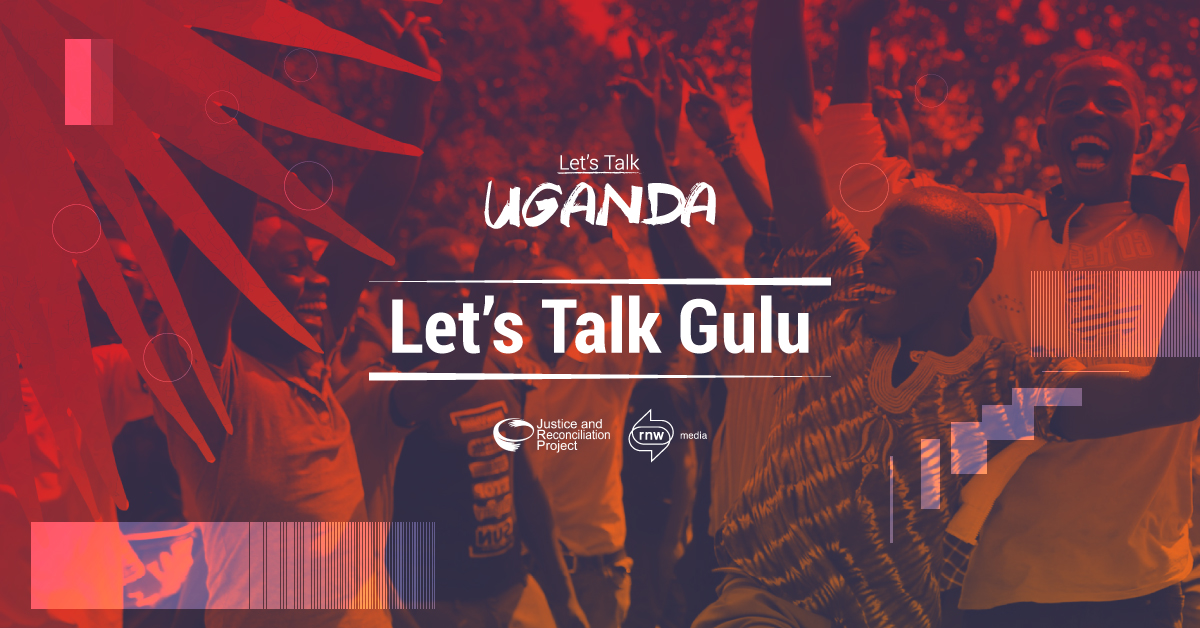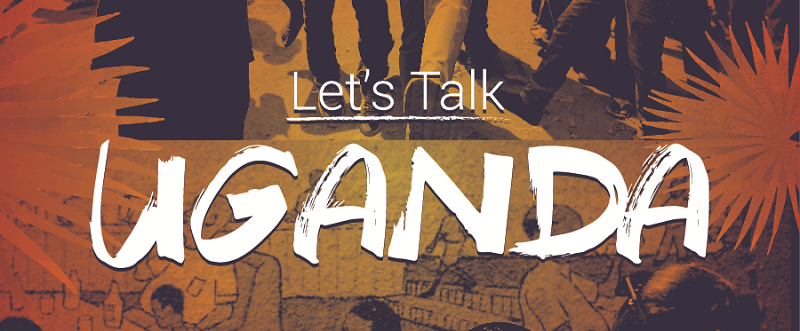
Florence Modo and Sophia Neiman worked closely together in crafting this article, with Florence providing input throughout the process, and helping to shape the structure of the piece.
***
Florence Modo was born in the Eastern Region of Uganda, the second of eleven children. She was a lively baby, and in good health. Life was not easy for the family, and four of her siblings died in childhood, because hospitals were far and the roads poor.
When Florence was five years old, she became very sick. She now assumes the illness was polio, but at the time she was treated for malaria. Having not received proper medicine, Florence spent three years bedridden, unable to walk, stand or do anything for herself. Even after she regained her health, one leg remained twisted and she could not put weight on it, making it difficult to move. She fell frequently.
Despite this, when Florence was eight years old, her parents decided she must attend primary school. Every day, her father placed her on his bicycle. They rode the two miles to school together in the mornings, and he would bring her home after her lessons in the afternoon. Florence was an eager reader, and her father helped her to learn, teaching her the difficult words. “I think my father really cared about my education. He wanted me to study. He wanted me to learn,” Florence said.
The war came to their village in 1989. The Lord’s Resistance Army burnt the family home to the ground, and they lost much of their property, including her father’s bicycle. They were forced to depart to another village, 14 miles away. Rebel bombardments were constant there as well.
The family returned home again in 1996, but there was no peace. LRA attacks became increasingly frequent in 2003, when the rebels invaded their district. Her family and many others would flee during these ambushes. Since Florence could not run, she was forced to stay behind, alone.
“On many occasions my family members would take off from home, when the rebels attacked and leave me alone at home. While in their hideouts they would worry about me and always return to check on me. During such days I would hide in a bush near our home, and survived on groundnuts and water until my family returned home, which usually took two days,” Florence said. In that time, her greatest fear was for the lives of her family members. Florence worried that they would return to check on her before it was safe to do so, and be slaughtered by rebels on the road.
It was torment. “One day I decided to leave, so that my family did not have to go through this,” she said. Florence told her mother that she was going to the market to buy a dress. Her mother, ever protective, offered to go instead, but Florence insisted on being independent. Once at the market, she sold a chicken, and used some of the money to get transport to Mbale District.
She arrived at the doorstep of a Catholic Church there, and was eventually taken in by a man who gave her meals and a place to stay and paid her to harvest sunflowers and maize. Life was uncertain. After the harvest, she found a job sorting groundnuts in town, and later worked as a cook for nuns, remaining among the sisters from 2007 until 2011.
One of the sisters, who had been transferred to Mbale, was impressed by how well Florence cooked and managed to move, despite her disability, and encouraged her apply to St. Monica Girls’ Tailoring School in Gulu District. It was still hard for Florence to write in English, so a nun penned a letter for her to copy.
Florence was accepted. Before coming to Gulu, however, Florence journeyed to her family home. They had believed her dead, and were overjoyed to find that she had survived. Still, the family had suffered greatly and Uganda remained in a precarious period. “The guns had stopped, but people were still in the [Internally Displaced Persons’] camps, trying to get back,” Florence said. “I remember my mother just prayed and thanked God I am back.”
Florence began her education at St. Monica in earnest. She learned to cut and sew fabric, and took additional classes in craft tailoring, adult literacy and agriculture. Sister Rosemary Nyirumbe sent Florence to Kampala, where she got an operation to help heal her leg. Sister Nyirumbe also paid Florence for each bag she made, allowing Florence to support her younger sister in attending school.

While at St. Monica, Florence met Women’s Advocacy Network Chair, Evelyn Amony. Mrs. Amony welcomed Florence into WAN, and Florence began working in the WAN shop, saving to pay her own school fees. Friends discouraged and even mocked her, telling her she was wasting time, but Florence was determined to return to school. She noticed that because she spoke English, many people expected her to read and write for them, but she did not know how to do so properly. She was desperate to learn, so she could aid those who came to her.
Mrs. Amony offered encouragement, telling Florence to registrar to study, and even buying her school uniform. Florence also received support from two University of Oklahoma instructors she met at St. Monica, called Professor Lunpe and Professor Sally. In July of 2018, Florence enrolled in Holy Rosary Primary School, Primary Seven. Florence began school in the second term, and Professor Lunpe paid Florence’s school fees for that term, allowing Florence to put her savings from the WAN shop towards the third term.
The head teacher was skeptical upon seeing Florence, and wondered how she might fare in a classroom of children. She told him, “Sir I can study amidst the babies.” He was convinced and brought her to meet the class.
So, Florence began primary school again, sitting in the back of the room. The Social Studies teacher was particularly welcoming and encouraged the students to help Florence and teach her all she had missed in the first term. Help her they did. The children often gathered around Florence’s desk, guided her hand when she struggled to hold a pen properly, and taught her to form certain letters. “One of the children came to me and said to me, you see Florence, when we are writing we have what we call sky letters and we have ground letters,” she explained. Sky letters go above the line on the paper, while ground letters reach below it.
The school is closed for the holidays now, but Florence is hopeful that she will pass her exams and return again next term. She remains close with the children, who are eager to greet her and even visit her at the WAN Shop. “We are really best friends,” she said.
She is now able to help her friends as she first intended; reading and writing messages for them. Florence is eager to continue learning in order to create a better world. “If I manage to study well, I can help the community,” Florence said. She is particularly passionate about issues of soil erosion due to over-grazing, which she learned about in school, in her home village. “Nobody can speak for those who are remaining in my village, who don’t know anything about these issues,” she said. Florence asserts that many people in her village depend upon the land, so doing harm to the environment will have terrible repercussions. “If people don’t protect the environment it is really very dangerous,” she said. She hopes to use her newfound knowledge to be a voice for the voiceless in her community, certain her education is crucial not just for herself, but also for others.

For now, Florence continues to work hard. When not in school, she runs the WAN shop each day and even sleeps in an attached room. Despite the challenges in her life, Florence is optimistic. “I thank God that he has given me life. Disability is not inability” Florence said. “I have arms. I must work. I must try to handle it like any other person.”
***
You can find beautiful handmade products including dolls, skirts, bags and paper beads at the Women’s Advocacy Network Shop, located on Acholi Lane next to Makome Guest House. All of the proceeds benefit war affected women like Florence, allowing them to meet basic needs, and create new opportunities.
WAN Products and other stunning designs by Ugandan, female artisans can also be found at Lamaro Studio located in Gulu Crystal Hotel on Acholi Road.
This holiday season consider buying gifts at these locations. A simple purchase can have a tremendous impact on someone’s life.












